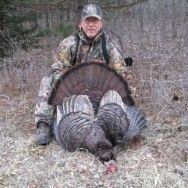
By leech~~ · Posted

By gim · Posted

By Wanderer · Posted

By smurfy · Posted



By Wanderer · Posted


By Wanderer · Posted

By leech~~ · Posted
By using this site, you agree to our Terms of Use and Privacy Policy. We have placed cookies on your device to help make this website better. You can adjust your cookie settings, otherwise we'll assume you're okay to continue.

Recommended Posts